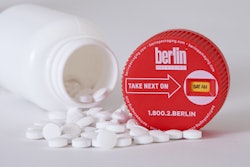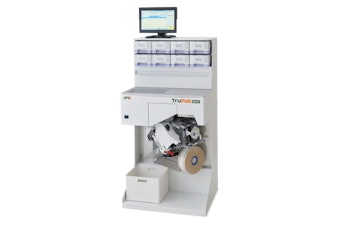
Dr. Margaret Hamburg, who stepped down in March as FDA Commissioner, has served for almost six years, an unusually long time in the recent history of the agency.
Hamburg came to FDA from a background in public health positions and when she was first appointed in 2009, I observed that she appeared already armed with ideas about how to address FDA’s various chores, and that we could expect lots of activity on many fronts. That turned out to be true.
Of course, it can be hard to judge a FDA leader as such, because FDA’s actions also reflect the judgment of many other officials and even the president.
Also, inevitably, any era at FDA will be a mixed bag from any perspective. FDA regulates so many different kinds of products, and FDA has to juggle differing legal authorities and procedures over foods (human and animal, and including dietary supplements), drugs (prescription and OTC), medical devices (from tongue depressors to MRI machines), several other product types, and, now, somewhat incongruously, tobacco.
Nevertheless here are some important developments during her tenure that are especially relevant to packaging:
Actions to secure the drug supply chain to better protect against counterfeit and otherwise unreliable drugs, and more controls over drug compounding
The medical device Unique Device Identification system to improve device tracking and tracing
Movements toward personalized medicine, combining for example a cancer drug and a diagnostic test
Food safety modernization, by implementing the 2011 Food Safety Modernization Act’s preventive controls and other requirements designed to prevent, rather than react to, foodborne illness incidents
Polishing up the Nutrition Facts food label (still underway), defining ‘gluten free,’ and reducing trans fats in packaged foods
Various tobacco-related programs after FDA was given new power to regulate those products in 2009.
What’s next for FDA can be as difficult to predict as summarizing its recent history, but one surprising part of President Obama’s proposed budget raises the prospect of a fascinating change for Dr. Hamburg’s successor: The president has proposed combining the food safety responsibilities of FDA and the U.S. Department of Agriculture into a single, new, food safety agency. It’s an idea that gets floated regularly by some members of Congress, but it’s significant that the president has proposed it only four years after he signed the Food Safety Modernization Act.
Most early guesses are that the new agency idea won’t pass Congress. But even if Dr. Hamburg’s successor won’t have to adapt to that specific change, she or he will have to contend with many others, and Dr. Hamburg has provided a reasonably solid model for how to juggle and manage in such an environment.





















